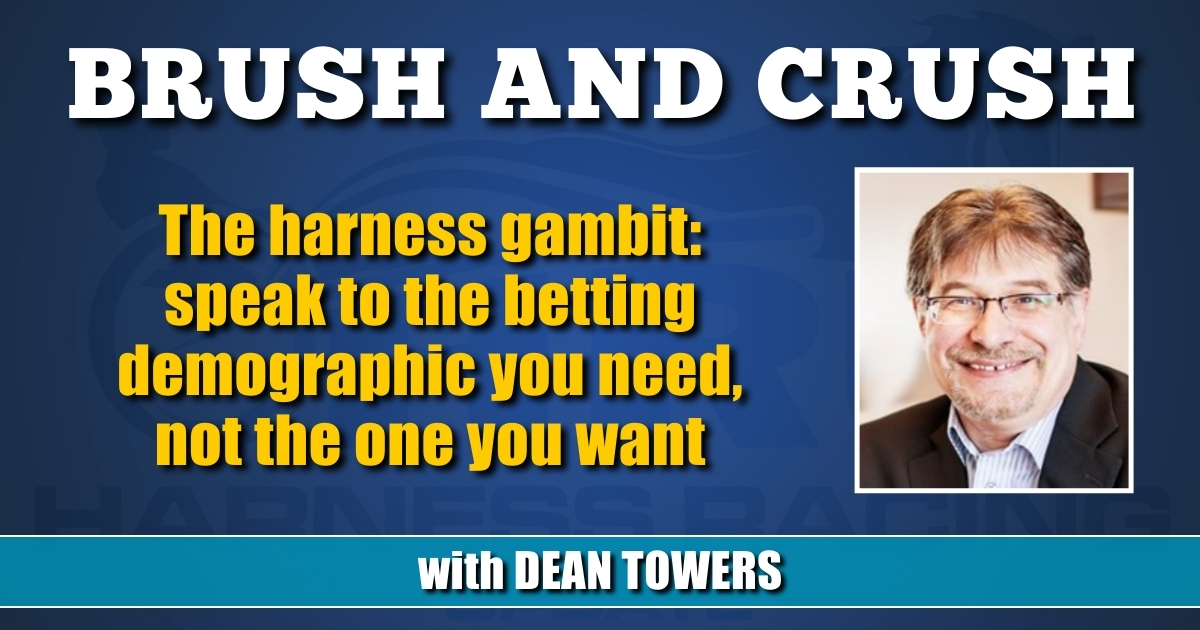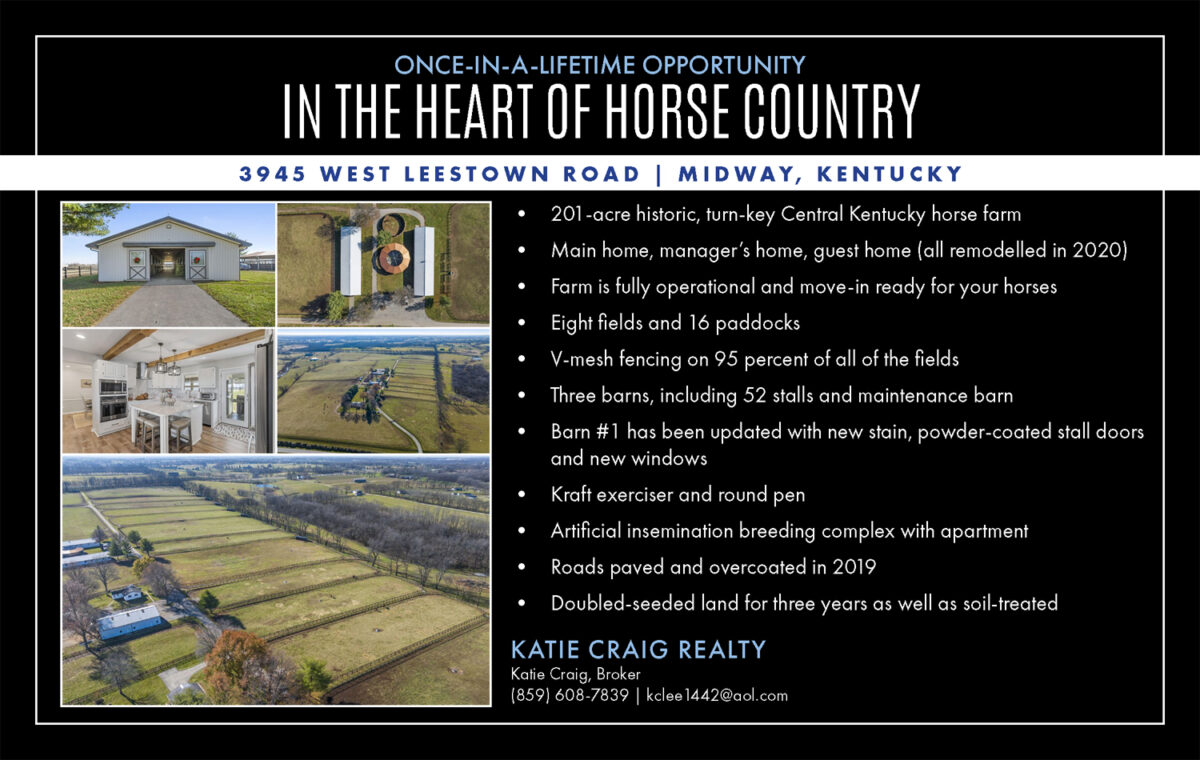

The harness gambit: speak to the betting demographic you need, not the one you want
by Dean Towers
I watched The Queen’s Gambit on Netflix recently, and it appears I wasn’t the only one. Last month, Netflix announced that the seven-part program about an orphaned chess prodigy who becomes a champion was viewed by a record 62 million households.
This popularity was not just localized to the limited series itself. Since its release, Google searches for “chess” have doubled, “how to play chess” queries have reached a nine-year high, interest in chess sets on Ebay are up 250 per cent and subscriptions to chess.com have increased fivefold.
As most of us know who’ve tried this wonderful, maddening game, it’s hard. It’s idioms like “we’re playing chess here not checkers”; it’s joining the chess club in ninth grade and wondering who these strange kids with big brains are.
Chess has been around since 600 A.D. in some form, and it’s not new. It’s not Counterstrike or Fortnite and it doesn’t try to be.
Yet here we are. People are searching and learning and playing the game. And they’re finding the resources, techniques and avenues to do exactly that.
Flipping to our wonderful, yet equally maddening, pursuit — betting on horses – I can’t help but think just how opposite the view from inside the business is. It seems when many in the brain trust promote the wagering game to drive handle, it’s always about making the game easier; about creating bets that are ‘simple’, like over/unders, or “Racing Roulette” (whatever the hell that was). It’s about promoting Pick 3 or Pick 4 tickets that have no hope to be profitable long term. It’s about betting chalk, not throwing it out.
Without fail, we seem to clamor to attract a demographic that plays slots or buys lottery tickets. And I think we should’ve learned by now that we can’t out-slot a slot machine, or out-lottery a lottery ticket.
In my opinion, this sport should forget everything it thinks it knows about bettors. The sport should educate customers on telecasts how to win, not how to pick a winner. It should produce content that doesn’t dumb down the sport, but explains it, encouraging people interested in such pursuits to get better at it.
The betting vernacular should be filled with words and phrases like “positive expected value”, “separator horses”, and “equity.” Tickets on TVG or on simulcasts should speak less about covering or insurance, and more about betting something most others won’t be and why. “The Queen’s Gambit” used phrases like the “Sicilian Defense”, or “Tarrasch Variation” when they told the story of chess. They didn’t hide the complexity and we shouldn’t either.
Paraphrasing President Kennedy, chess isn’t played because it is easy, it’s played because it is hard. And that’s what horse racing should focus on, too. Slot players heading to the racing side to bet a five horse exacta box come and go, the ones who understand the game stick around for years.















